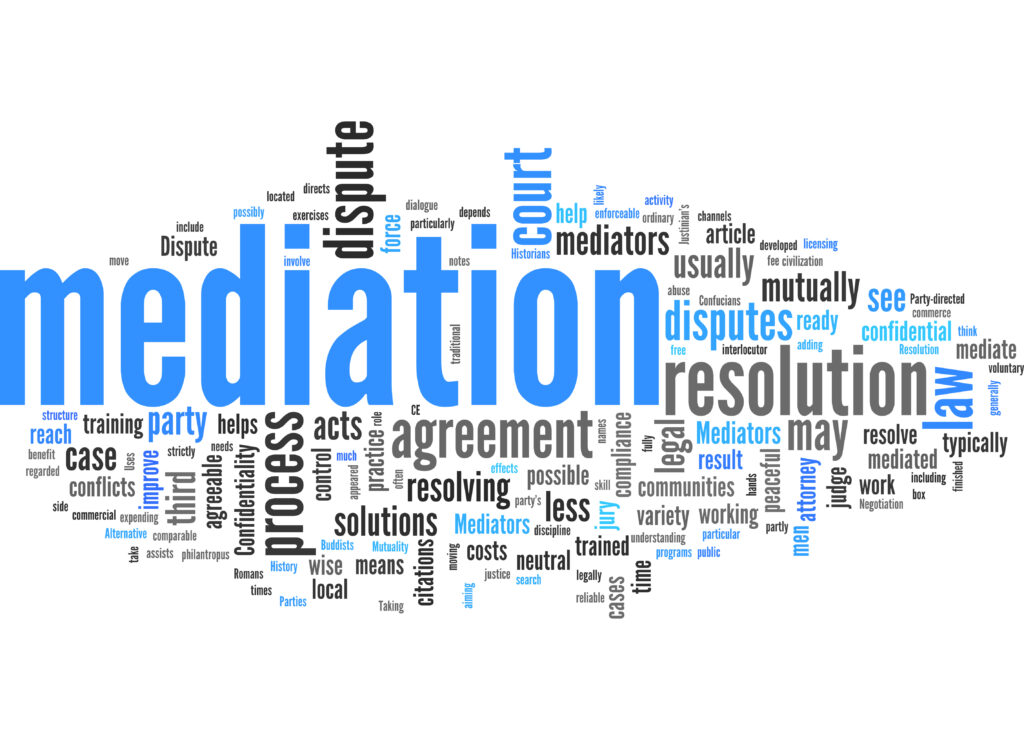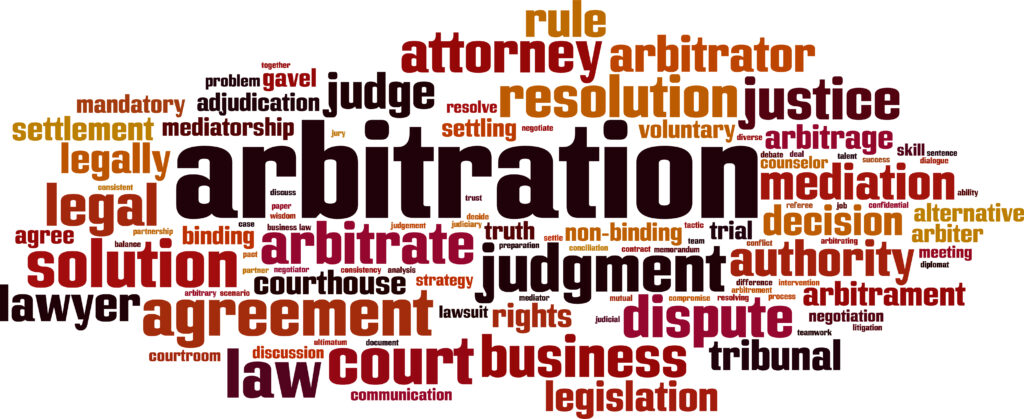
PRO AND CONS OF MEDIATION?
PROS:
- One of the worst things about a conflict or lawsuit is not knowing how or when the conflict will resolve. By mediating, YOU decide how the conflict will resolve, when you decide to settle. Once the conflict has been resolved, you can get on with your lives.
- Conflict and Litigation are an emotional drain. It can be costly, time consuming and risky. In mediation, there is no risk. The worst that can happen is that you don’t settle. But most mediations result in settlement; saving you time, money and negative energy.
- It may take months or years to have your case decided in court. Mediations can be scheduled within a month of selecting your mediator.
- The resolution that YOU decide can be tailored to your unique needs vs. standardized resolutions issued by courts
- All mediation communications are confidential & privileged. Absent agreement, nobody can repeat to anybody what was said in Mediation. Mediation communications can’t be used in court. The only information that comes out of a mediation are:
- Whether you mediated.
- Did you settle?
- What is the settlement?
- In litigation, the pleadings and trial are open to the public; revealing private information to strangers about you and your life.
- Mediation can, not only resolve your conflicting issues and positions, it can resolve the underlying reasons for the conflict itself.
- Parties tend to honor their agreement vs. undermine a court’s ruling.
CONS
- VIRTUALLY NONE

PROS AND CONS OF ARBITRATION?
PROS:
- You can usually get an Arbitration done much sooner that going to court
- The procedure is streamlined to get to the facts quickly. An Arbitration usually takes hours. A trial usually takes days.
- The setting is much more relaxed in Arbitration (ie. Zoom or an attorney’s office). Courts are formal and can be intimidating.
- While evidence submitted in Arbitration may not be confidential or privileged, the exhibits aren’t in a court file for anybody to read & the hearing is not in a court room, where strangers can observe.
- Arbitration is much less expensive that trial.
CONS:
- By giving the Arbitrator decision making authority, there is a risk you may lose.
- Arbitrations typically have attorneys representing the parties. Attorneys can represent parties in Mediations; but not necessarily; so Arbitration can be more expensive than Mediation; though significantly less than trials.
- Depending on the type of arbitration, or agreement of the parties, Arbitration decisions may be appealable.
- Depending on the type of arbitration, or agreement of the parties, there may be a record of testimony and evidence presented at Arbitration.
- What is said in an Arbitration may not be confidential or privileged.
All disputes are personal – Each case is unique. Both methods have a distinct place in how a case may be resolved. In my experience, the Mediation path is far and away the better choice for the people involved with the dispute as THEY get to decide the solution among themselves.
Arbitration takes that self-choice away from the individuals, but it also brings an end and a legal resolution to the case in a very timely manner.
I am here to help . . . Call me and let’s discuss the right solution for your particular needs.
Steve Olson – Mediator | Arbitrator
consult@olsenmediation.com

